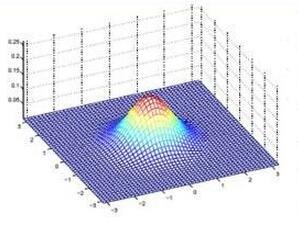Many analyses of functional magnetic resonance imaging (fMRI) examine functional connectivity (FC), or the statistical dependencies among distant brain regions. These analyses are typically exploratory, guiding future confirmatory research. In this work, we present an approach based on factor analysis (FA) that is well-suited to studying FC. FA is appealing in this context because its flexible model assumptions permit a guided investigation of its target subspace consistent with the exploratory role of connectivity analyses. However, applying FA to fMRI data poses three problems: (1) its target subspace captures short-range spatial dependencies that should be treated as noise, (2) it requires factorization of a massive spatial covariance, and (3) it overlooks temporal dependencies in the data. To address these limitations, we develop a factor model within the framework of functional data analysis--a field which views certain data as arising from smooth underlying curves. The proposed approach (1) uses matrix completion techniques to filter short-range spatial dependencies out of its target subspace, (2) employs a distributed algorithm for factorizing large-scale covariance matrices, and (3) leverages functional regression to exploit temporal dynamics. Together, these innovations yield a comprehensive and scalable method for studying FC.
翻译:暂无翻译



